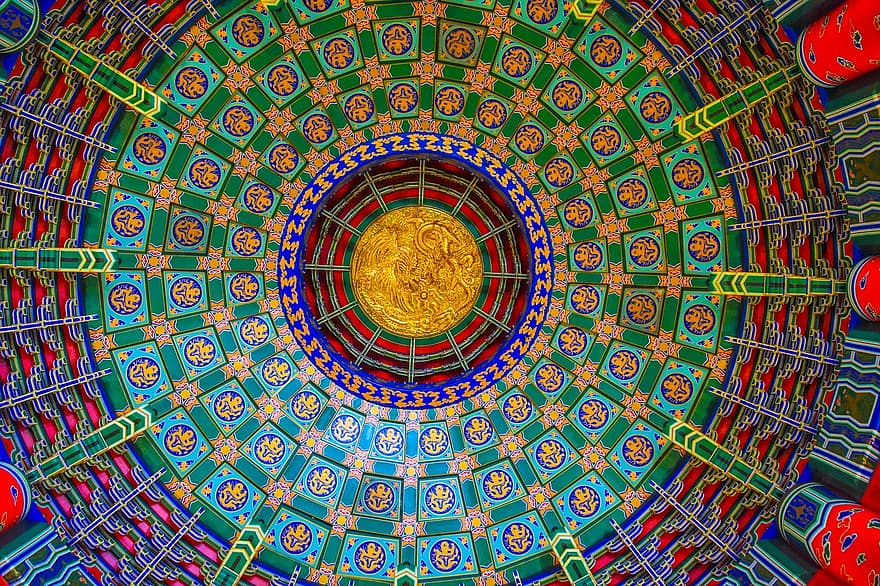
Globalizing the Video Architectural History Timeline Project
By: Joseph Bedford
The challenge of teaching global history in the architectural history survey course:
The project of Global History in architectural education demands a broader range of global expertise from the teacher of the typical survey course in American Universities than ever before, especially first hand research knowledge and language skills. I, like many in my situation, have read and used the new edition of Jarzombek, Mark M., Vikramaditya Prakash, and Francis D. K. Ching. A Global History of Architecture (2010) to build lectures on global topics with which I am previously unfamiliar from my own education and research, and have gone to other specialist literature to construct as best I can, a comprehensive introduction to the topic. But without local knowledge or language skills in all the different areas I wish to cover, and without institutional time and resources to become a primary-source researcher in each of these new fields, I have the feeling that my lectures on these topics are still not equivalent to the western topics I teach, and that the students would benefit greatly from hearing the expertise of a range of different people working in different fields.
Up until now, many professors in this situation have, where possible, invited one-off visiting lecturers to help them cover topics that they require greater expertise in. But this scenario has its obvious limits. This proposed collection of GAHTC videos is intended to as a resource that will augment the introductory lecture courses of professors in this similar positions in Universities around the world. It will give students access to a wider range of voices with local knowledge, research expertise and language skills than one professor alone can master in a lifetime.
The Contribution of the Video Timeline Project to teaching
In addition to being able to bring together in one place this wide range of voices and expertise, the video interview has several benefits: its intimate style is more engaging to watch; its digital form makes it interactive in new ways; and it enables the professor to overcome the time restrictions of fitting all of the expanded content of a global course into the same 2 x 1-hour per week lecture slots.
Intimate style: The video form delivers history content in a manner that is more engaging and accessible. With the speaker seated in a casual sitting position facing the viewer at a 5-10 degree angle from the camera), the student can feel that they are in direct interaction with the speaker. This style is commonly used in almost all talking heads in documentary films for this very reason, and it is more visually engaging than being lectured to in the frontal dynamic of a lecture hall. Following the precedent of the St John’s Nottingham project, I will seat the speaker in this position, and bring in visual still and moving images illustrating the conversation over their left shoulder. I will play the role of the interviewer, though my own interjections will be minimal. I will facilitate the conversational engagement of the speaker but allow them to flow with their content, interjecting only for points of clarification or to track back to points raised but passed over.
Interactivity: A major benefit of digital video is that it placed students in the driving seat of their own inquiry. I will curate the interviews such that they break down into 5-10min sections on different topics. Each section covering a sub-topic will be tagged, such that the content of the video archive can be searched and viewed both vertically following the interview through its continuous sequence, or and horizontally cutting across a series of interview videos watching material according to sub-topics that link the different videos. In this way, students can augment the inevitably linear form of the lectures of the professor with a more non-linear self-driven exploration through a network of content. This facility will accommodate their own curiosities in global history better and will allow a student to pursue in greater depth a specialist topic of their concern.


